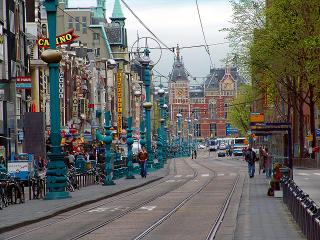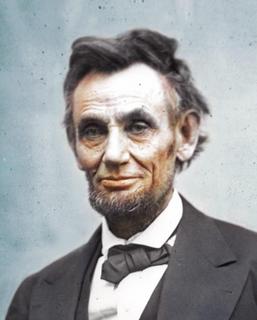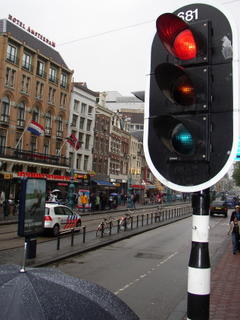storytelling
One of the unique things about the human race is storytelling... It's something instinctive. Olivia, my toddler, already knows how to find a book, carry it to the red armchair in the living room, and claw at my lap until I lift her up to sit and read together for awhile. Elliot, at the age of three-and-a-half, has already developed the art of storytelling for himself -- singing self-composed songs, inventing self-conceived stories -- yet he continues to crave the stories of others as well. Morning, afternoon, and evening, it's common to hear, "Daddy, tell me a story!" And of course he's not satisfied with the hundreds of books on the shelves -- no, he wants to hear fresh stories, instantaneous stories, interactive stories featuring his circle of acquaintance. Not Pulitzer-prizewinner material, mind you -- just everyday adventures, like the other night at bedtime when Elliot asked me to "Tell the story about Elliot watching a video and eating a snack"... Children (at least my children) seem to just instinctively love stories. And well, I love stories, too...
As a church, Zolder50 has been enjoying a series called "Four Stories" -- a metaphor for our lives, our community, our faith. Four friends from our community sharing their real-life stories of what God is doing in the world today -- celebrating the spiritual community that God has developed through the church meeting on the fourth story of an old canal-side house in central Amsterdam -- drawing our inspiration and power from the original four gospels that share a four-fold perspective into the story of Jesus... And I am overwhelmed and invigorated by the succession of stories. Absolutely, there is power in storytelling.
This is something to remember -- a rope to grasp as we heave ourselves out of the pit of literalism, legalism, and lectures that so often dominates and defines our existence as Christians in 21st Century Western culture. It occurs to me that we typically relegate church stories to placement among rigid, highly practical classifications: an illustration of Biblical principles, or simple contextualization of theology... But I mourn the fact that we often fail to esteem stories for their self-evident meaning and value. Our stories are not just Bible illustrations, but in a sense the actual story of God's working in the 21st Century! They're not just contextualization of theology, but essentially the study of God itself!
Storytelling is a mission. Jesus was the ultimate storyteller -- a living and breathing antithesis of stodgy literalism, legalism, and lectures. And when the Holy Spirit filled Jesus' followers with His power and life, they understood the experience as God's fulfillment of his promises for young men to be awakened to new visions, for old men to be caught up in brilliant dreams, and for all God's servants to use whatever means necessary to identify and renounce societal evils in proclamation of the rule of God! Our calling is to live as visionaries, dreamers, and powerful voices in our culture -- and this seems much more in line with a life of storytelling (and by this, I include poetry, novels, short-stories, blogging, pod-casting, songwriting, painting, sculpting, photography, and a thousand other forms of art) rather than a life of literalism, legalism, and lectures.
Like my son, we need to hear stories that include us and explain our existence. We need to create fresh stories, instantaneous stories, interactive stories featuring our circles of acquaintance. They don't have to have a spoken moral to the fable (although it's probably there). There doesn't have to be a four-point outline. They don't even have to be especially well-polished or refined... But we cannot escape or ignore the art of storytelling.





